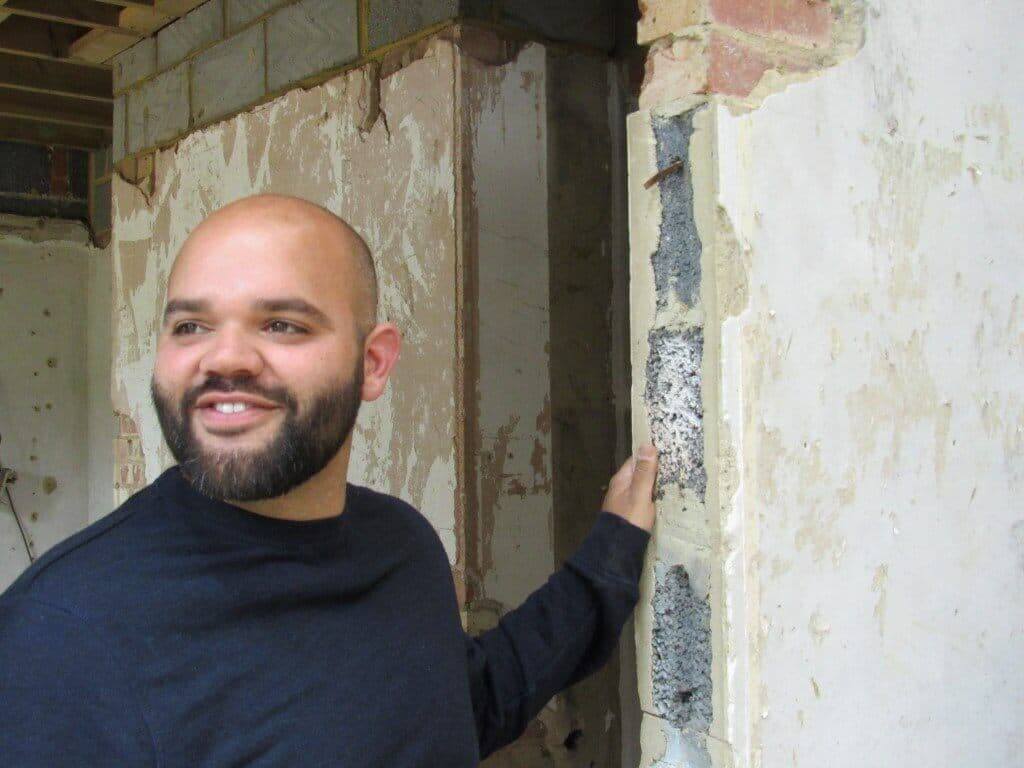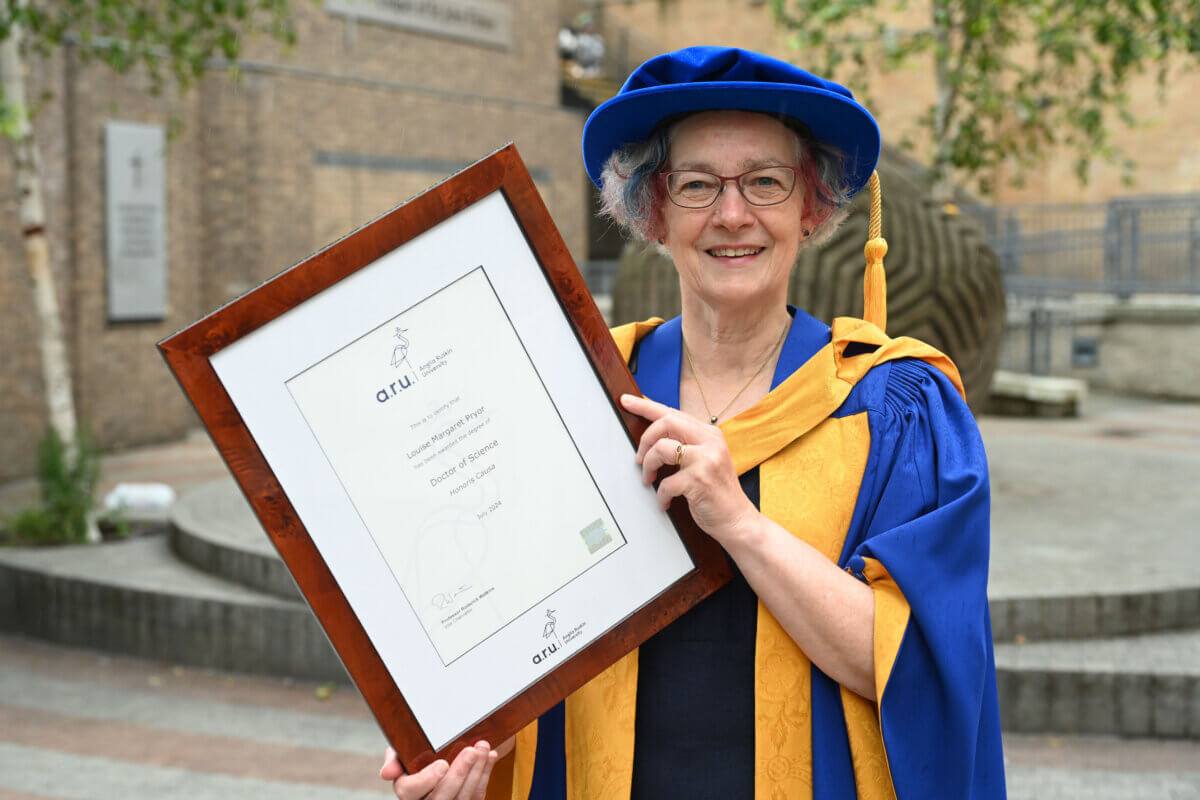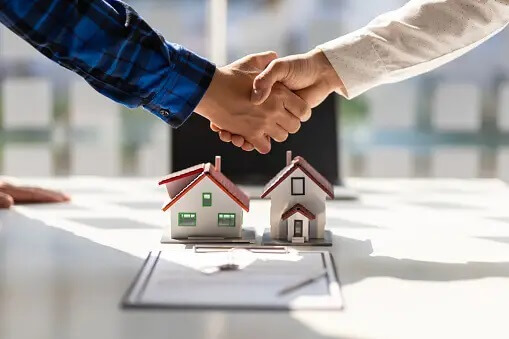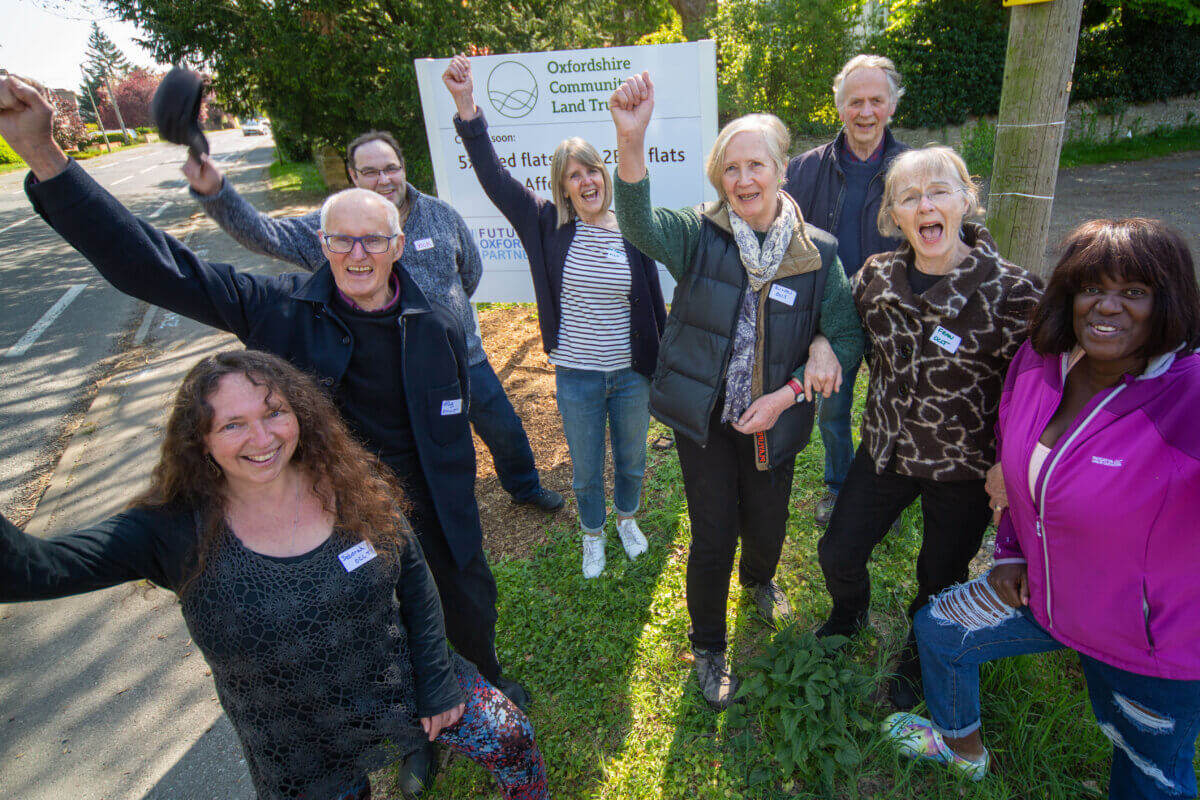Retrofitting & Renovating For The Future

In a guest blog, Aneaka Kellay, from Carbon Co-op, discusses how their work is helping to shift Government policy on energy-efficient renovations and provides tips for homeowners considering improving the energy performance of their home.
It has become clear that home energy efficiency improvements have a significant part to play in our future. With the Department for Business, Energy and Industrial Strategy (BEIS) recognising energy efficiency’s key role in the UK Industrial Strategy, and with the number of homeowners considering retrofit growing, we can see a shift change happening.
Based in Greater Manchester and in operation since 2011, Carbon Co-op is a not-for-profit, community benefit society that exists to assist its members and the wider community to reduce their domestic carbon emissions and save energy through whole house retrofit and the provision of wider energy services.
Carbon Co-op’s members are a community of pioneering homeowners looking to improve their homes not only for their own benefit, but as a practical way to tackle climate change. Homes account for 13% of the UK’s greenhouse gas emissions, 22% when electricity is taken into account. To reach the UK’s legislative carbon reduction targets we must reduce greenhouse gas emissions by at least 80% of 1990 levels by 2050. To hit this target buildings will need to meet near zero emissions.
The UK Government’s support for energy efficiency has unfortunately been patchy to date. However BEIS has recognised that domestic energy efficiency must play a key part of the UK’s Industrial Strategy. The recent BEIS Call for Evidence on building a market for energy efficiency shows that policy makers understand the need to support both the demand and supply side, make provision for accessible finance, and there being a key role for Community Energy intermediaries, all while referencing Carbon Co-op several times in the consultation! See Carbon Co-op’s response to the Call for Evidence in which we have shared our key learning.
Our Community Green Deal project (2013-5) has proved that whole house retrofit is possible within a reasonable budget. 12 householders used 0% interest loans offered by Carbon Co-op as well as their own investment, with works costing on average £40,000 per home. Home improvements through the scheme had a huge impact, meaning that homes were warmer, more comfortable and more healthy. Post-works evaluation has shown that energy bill savings ranging from £200 (off an already small bill) up to £650 per year, more when feed-in tariff income was taken in to account. Gas heating use was cut by around 50% and carbon emissions by around 60%.
There are also, of course, specialist lenders such as Ecology Building Society, which may be able to provide a mortgage to finance the works, particularly if the property is not considered habitable, including old and derelict buildings or if you need funding in stages.
Homeowners have begun to realise that it is possible to improve their homes, make them more comfortable, healthy, reduce bills and save carbon. If you are one of these homeowners here are our three top tips:
- Visit an eco-home to get inspiration and talk to others who’ve gone through the process. There is a growing community of pioneers enthusiastic about sharing their experiences. Find homes to visit through Green Open Homes or SuperHomes. If you are Manchester based keep an eye out for Carbon Co-op open home weekends and bus tours.
- If you decide you want to make energy improvements, look for trusted, well trained assessors using an adequate assessment methodology to make a home energy assessment. You can use the results to support you to plan your retrofit works. Carbon Co-op has developed the My Home Energy Planner and you can book assessments in the Greater Manchester and nearby areas. If you live in other parts of the UK, get in touch and we may be able to advise.
- Do your research and seek out independent advice. Performance matters, poorly installed insulation will have an impact on its effectiveness and may pose structural risks to your home. While the complexity and risk can pose barriers, advice and training is out there to support you. Carbon Co-op has launched Warmer Homes, Take Control a home energy training programme, with the support of Ecology and Green Building Store. If you aren’t based in the North West there are a number of other organisations that host training and advice including Centre for Sustainable Energy, Centre for Alternative Technology and Cumbria Action for Sustainability to name a few.
Carbon Co-op’s home energy training programme runs up to December 2018. Based on the experience of our members we designed this programme to provide support at each step of the retrofit journey. The courses, led by trusted industry professionals, help homeowners understand what is possible, think through options, understand risk and gain confidence to take the next steps.
The programme includes a variety of training sessions from free introductory evening seminars to 3-day hands on DIY retrofit courses. Topics covered include: draught-proofing, ventilation, designing off-grid power systems and flood resilience. It is worth watching out for early bird tickets available up to four weeks before the training date. Book early for cheaper rates. All training sessions are based in Greater Manchester.
Find out more about Carbon Co-op or email [email protected].
Ecology’s response to the BEIS Call for Evidence on building a market for energy efficiency.
Find out more about Ecology’s mortgages for renovations .
YOUR HOME MAY BE REPOSSESSED IF YOU DO NOT KEEP UP REPAYMENTS ON YOUR MORTGAGE.




